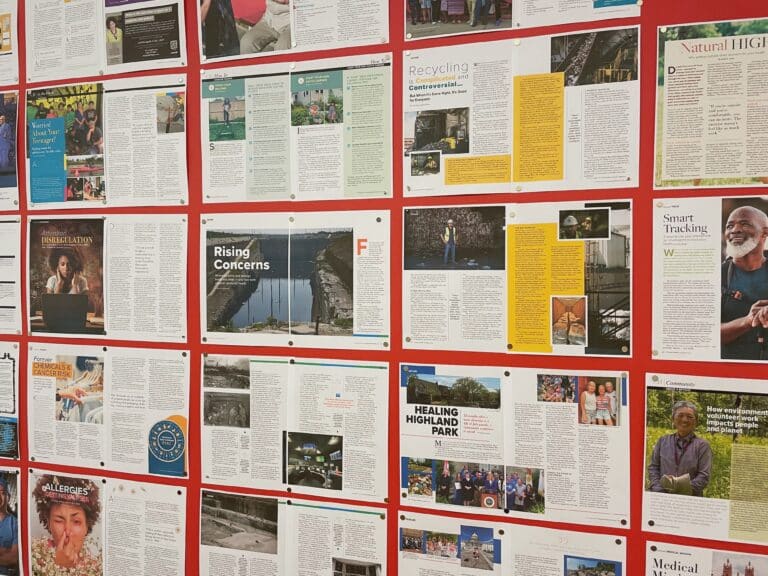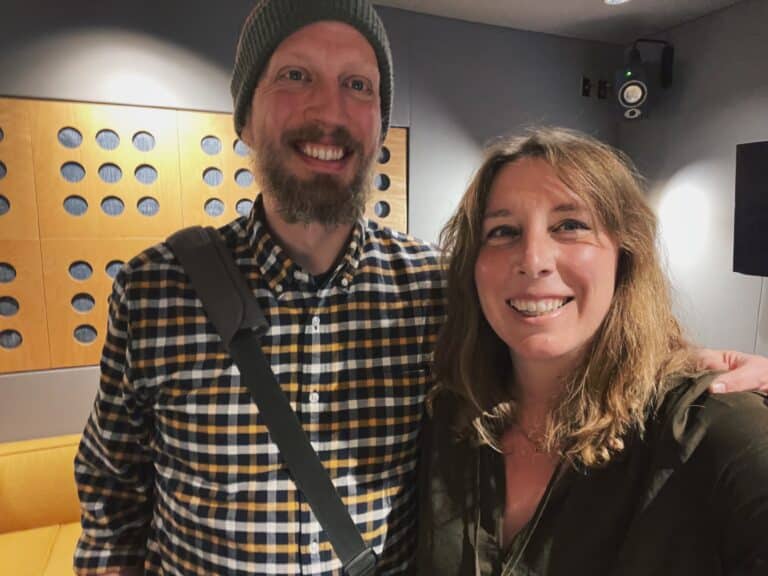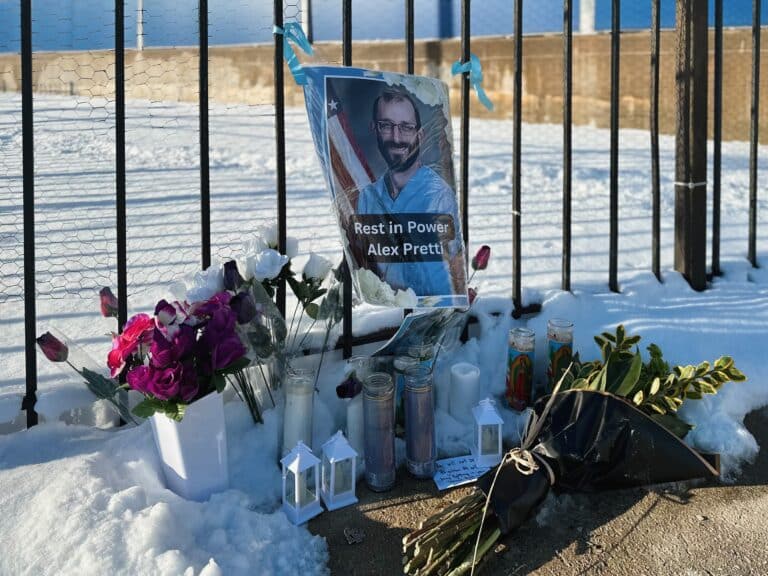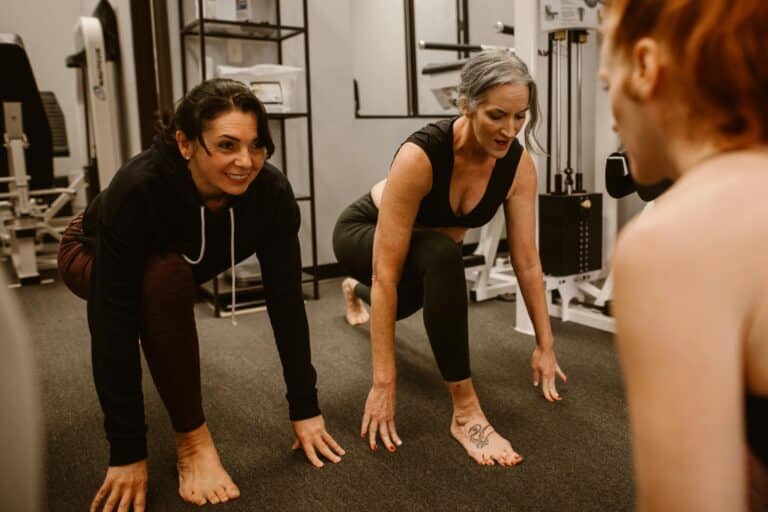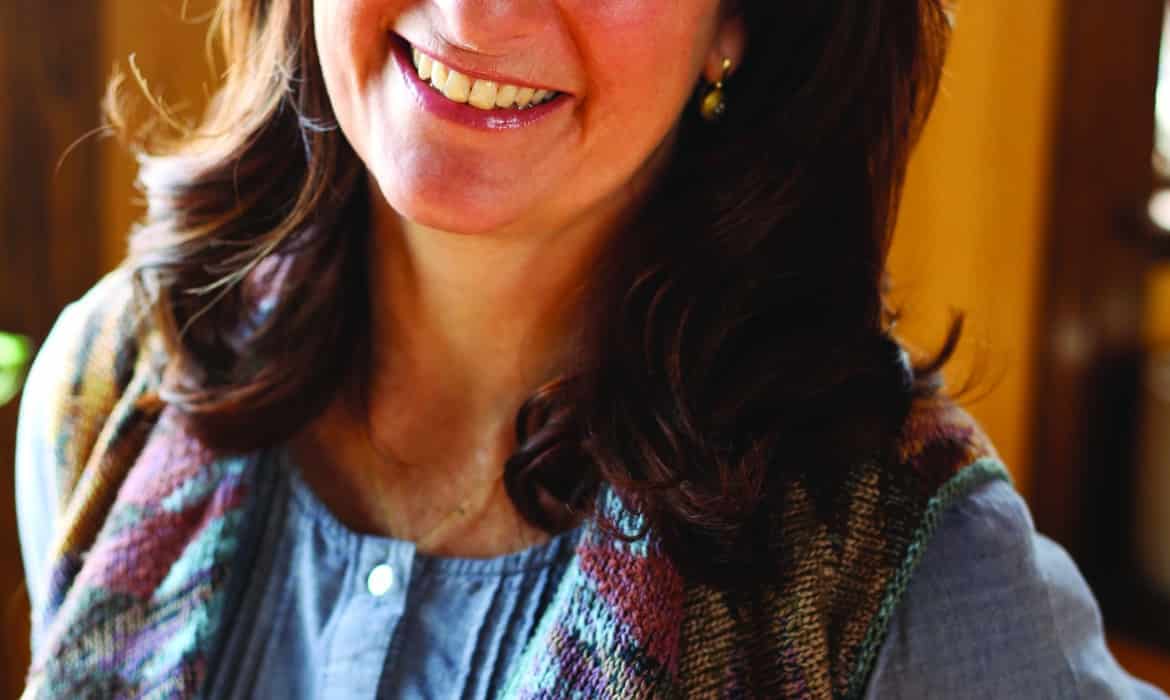
Shootings. Extreme weather. The Great Resignation. Depression. Anxiety. The messaging is clear: How we move with ourselves, our communities, and the earth is not sustainable.
Sustainability is about living practices that honor environmental, economic, and human vitality for the thriving of all, not just for today but for generations to come.
But are we ready to be the change that will nurture sustainability for all?
Nearly half (48%) of CEOs surveyed in a May 2022 IBM study reported that increasing sustainability is a top priority — up 37% since 2021. A laudable increase, yes?
Yet, 48% means that not even half of CEOs consider increasing sustainability a high priority. The leading detractor? An unclear return on investment (ROI) and economic benefits, according to some 60% of survey respondents.
Wellbeing for humans, community, and Earth doesn’t rank in ROI?
Hey! Let’s not point our fingers outwards. CEOs are individuals, just like you and me. Do you care if your actions and thoughts deplete or nurture sustainability?
We have been raised to get ahead, to measure ourselves against others, to deny essential parts of ourselves, to motivate through perceived obstacle-avoidance rather than from a belief that dreams can come true and abundance — enough love, space, resources, ideas, toilet paper — is real. Yet, there is no abundance if we hoard, destroy, and think only of today.
Confident that your wellbeing is my wellbeing and vice versa, I’d like to share some practices for living sustainably that I learned from Chicago psychotherapist Nancy Heap.
Heap weaves teachings from the shamanism practiced by the Q’eros, who live at the peaks of the Andes Mountains in Peru, among other modalities, into her private practice. “Shamanism incorporates not only sustainability within ourselves but for our collective, the environment, and for consciousness,” Heap says.
Be in right relationship
A major tenet of shamanic philosophy is that everything is composed of spirit — the earth, our thoughts, even objects such as tables. “Our job is to move into right relationship, or ayni, with all things,” Heap says. To discover ayni, she recommends childlike curiosity.
Feeling pain? Dialogue with it, Heap suggests. Ask pain, “What is the wisdom that you have for me? What would you like me to know? How can I come into right relationship with you, [head/knee/back/heart/being], so that you don’t need to send me pain signals?”
Right relationship is about balance, reciprocity, and mutuality. Right relationship is not quid pro quo. It is about being truly available to yourself and others, being willing to respond in a compassionate, caring way. It is about engagement.
Cultivate availability
To truly be available, we must be present in the moment — listening, hearing, and noticing internal and external voices, including those of nature. When we are distracted, it is difficult to be present for the current moment, Heap says.
To listen better, Heap suggests quieting yourself. Then, move your energy out, and tune in to what you are receiving. Check in with your six senses — sight, sound, taste, smell, touch, intuition — and be receptive to what surrounds you. If you have a busy brain, it may be difficult to slow, focus, and receive. Be patient. Practice.
Be compassionate
Hold yourself with compassion. “Unless we have compassion for ourselves, we will constantly be judging ourselves and others,” Heap says. That judgement, “not only stops or constricts the flow of receiving, it also constricts your ability to engage, whether it is with yourself or someone else.” Compassion is the loving regard for another, regardless of who they are. And, because compassion contains only understanding — no judgment — it nurtures safety, she adds.
Loving regard — let it be the lens through which we perceive, the source of our thoughts and actions. We have the capacity for sustainability.
It starts with me. It starts with you.
Originally published in the Fall 2022/Winter 2023 print issue.
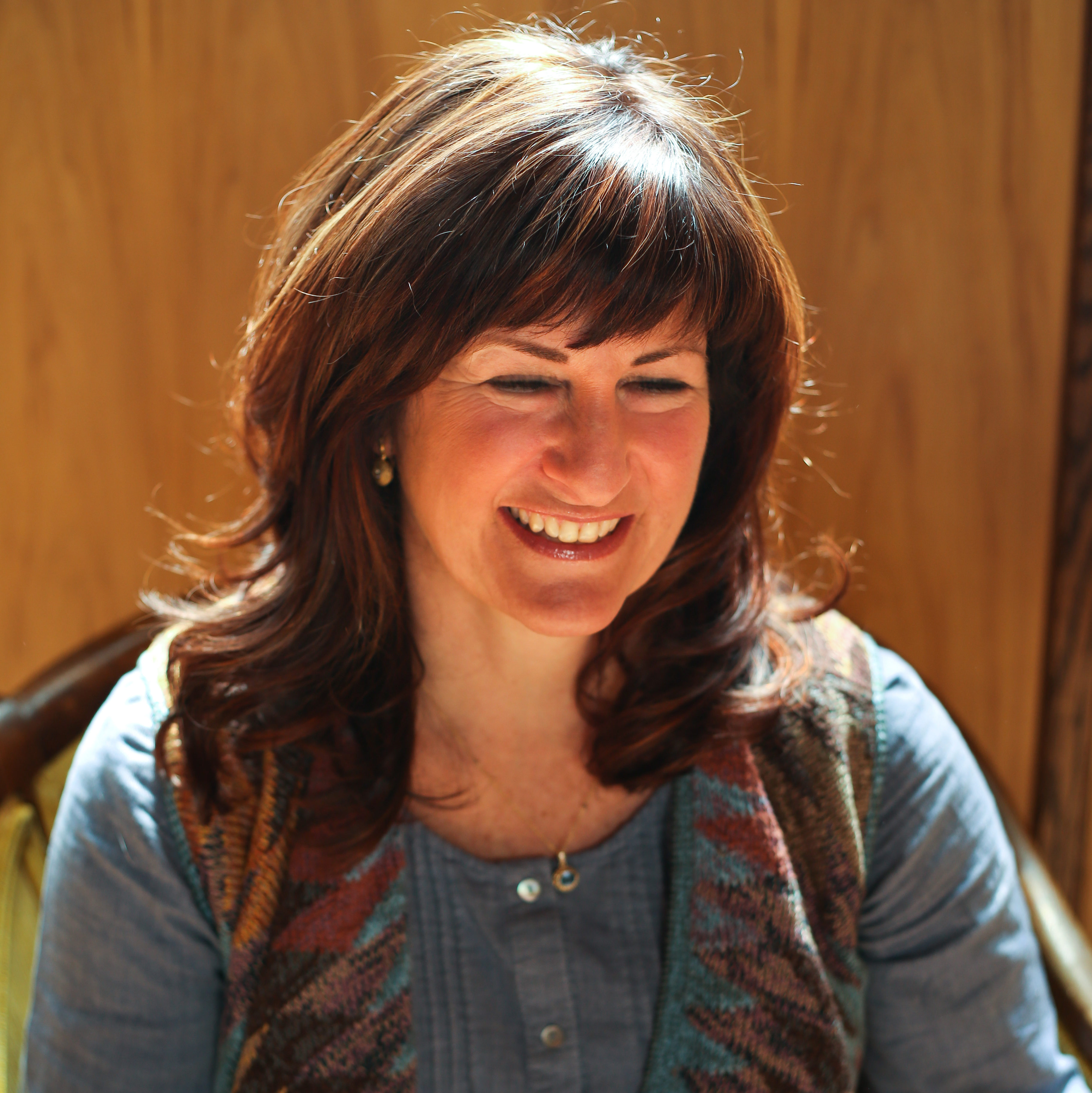
Kathleen Aharoni is a movement and life coach, forest bathing guide, and author of the award-winning book I breathe my own breath! She has served on the faculties of Northwestern University and Columbia College.

